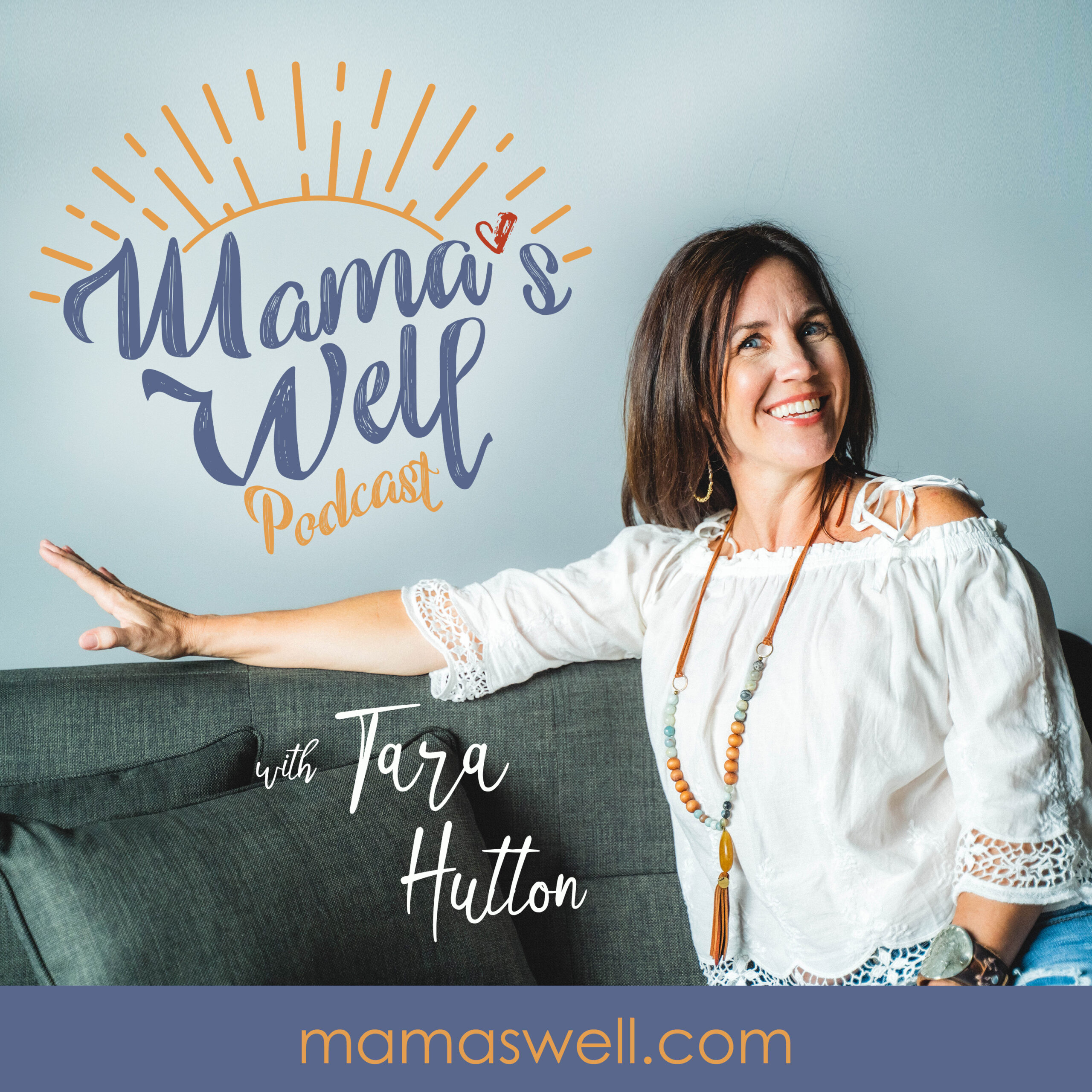There is no arguing the fact that when we see a child “throwing a fit” in the store, on the playground, at a restaurant, that our initial thoughts typically lack compassion. Especially if it’s our kid… But, little do we know, that often times children from hard places who have experienced trauma during critical developmental stages, may simply be using strategies that have actually allowed them to survive their former environments. Fighting, yelling, hiding, taking a combative stance against caregivers can all stem from an innate need to protect, not a place of manipulation.
Children who have experienced trauma have more challenges when it comes to one of the most important concepts of emotional health – regulation. Regulation is simply the ability to understand the needs behind feelings, and how to meet those needs in a healthy way. Kids from hard places are typically behind the curve when it comes to regulation, and when we look at the three stages of regulation it’s easy to see why.
The first stage of regulation is external regulation. This type of regulation is needed when a person is completely incapable of meeting their own needs. A newborn cries when hungry, wet, or in distress, but doesn’t know why it’s crying and needs someone to meet their needs. The second stage of regulation is co-regulation. As that infant grows, it learns through attention and love from a primary caregiver, to rely on the caregiver to help meet their needs. The third stage of regulation is self-regulation. This is the stage where individuals are able to identify, understand, and meet their own needs.
Considering the complexity of our own emotional needs, it’s easy to see that self-regulation is challenging for the most well adjusted individuals. This understanding coupled with the knowledge that children from hard places had interruptions during the external and co-regulation stages can allow us to develop a greater compassion for our children when they are in a dis-regulated state.
Regulation is a practice and trauma throws it off the tracks. In this episode of the Mamas Well Podcast, TBRI Practitioner Anna Valdez and host, Tara Hutton, discuss ways to help kids navigate their stress responses along with tools for parent and child alike to move toward more effective levels of self-regulation.
Audio only
DEEPER DOWN THE WELL
Deeper down the well:
For more on Trauma Based Relational Intervention (TBRI) check out
Karyn Purvis Institute of Child Development
https://child.tcu.edu/about-us/tbri/#sthash.robKpaRN.dpbs
